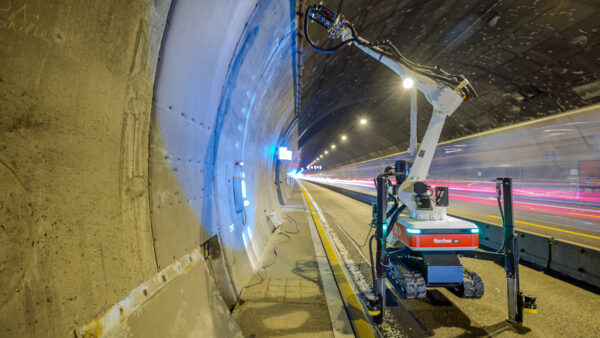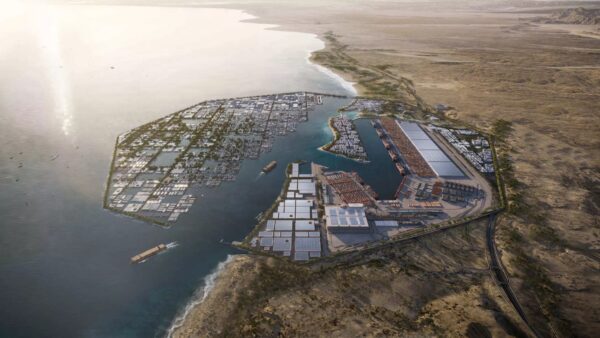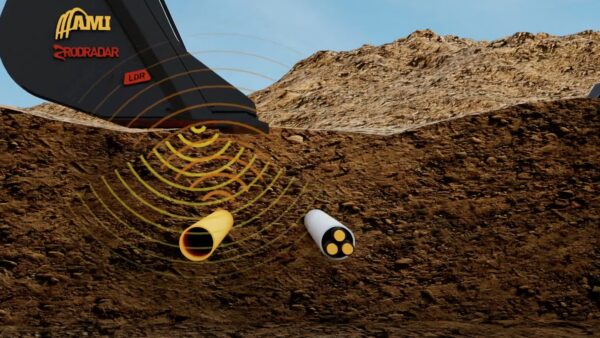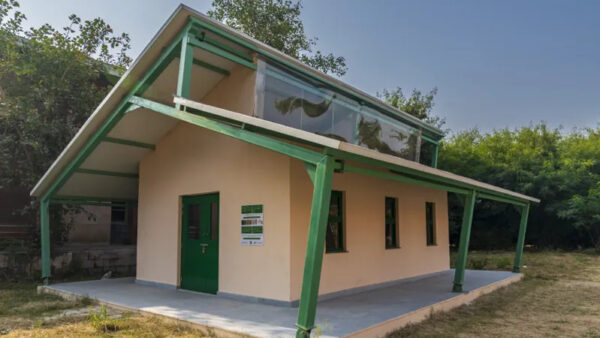Scientists and engineers in the US are researching how to make roads more resilient in the face of climate change.
They hope to combat the effects of extreme heat, intensified freeze-thaw cycles and floods, which can lead to ruts, cracks and washed out roads and bridges.
Climate scientists at the National Center for Atmospheric Research (NCAR) will collaborate with civil and environmental engineers at Carnegie Mellon University and the RAND Corporation.
They will use global and regional computer models to generate projections of future climate in ways to help infrastructure designers and planners, especially when it comes to drainage.
The three-year project, funded by the National Science Foundation, will focus on Pittsburgh and several other cities across the country that will likely be affected in different ways by future climate.
“Our overriding goal is to enable transportation agencies to maximise the lifetime performance of new infrastructure while minimizing the costs to ensure its resilience to extreme weather events,” said NCAR scientist Linda Mearns, the principal investigator on the project.
One recent study by NCAR concluded that if emissions of greenhouse gases continue along current trends, record daily high temperatures will outpace record daily lows by about 15 to 1 later in the century.
Another study predicted that incidents of extreme rainfall may increase by as much as five times in parts of the country.
Research will focus on information that will be most useful to the design and construction of drainage infrastructure and other transportation systems.
“This project is a unique interdisciplinary collaboration that will advance the ways engineers and climate scientists will work together in the future,” said Costa Samaras, who directs Carnegie Mellon University’s Center for Engineering and Resilience for Climate Adaptation.
“Infrastructure can last for many decades, and engineers need to design infrastructure to be resilient at the end of the infrastructure life span as well as in the beginning. Working with NCAR is critical to advancing the research needed to transform the way we design infrastructure in the United States.”
Read more from NCAR here.
Image: Floods hit roads in Des Arc, Arkansas, 25 March 2008 (Jocelyn Augustino/FEMA)






